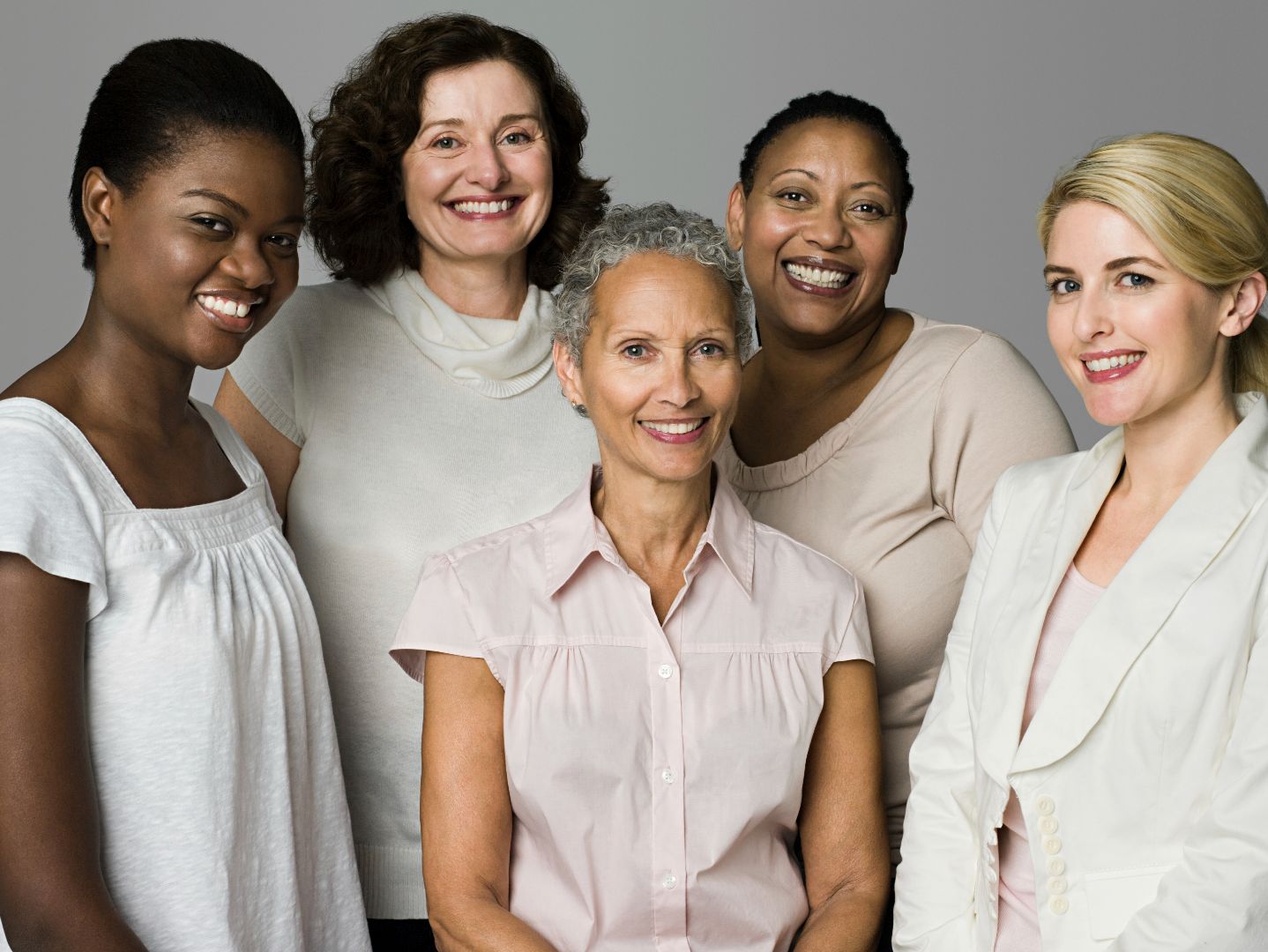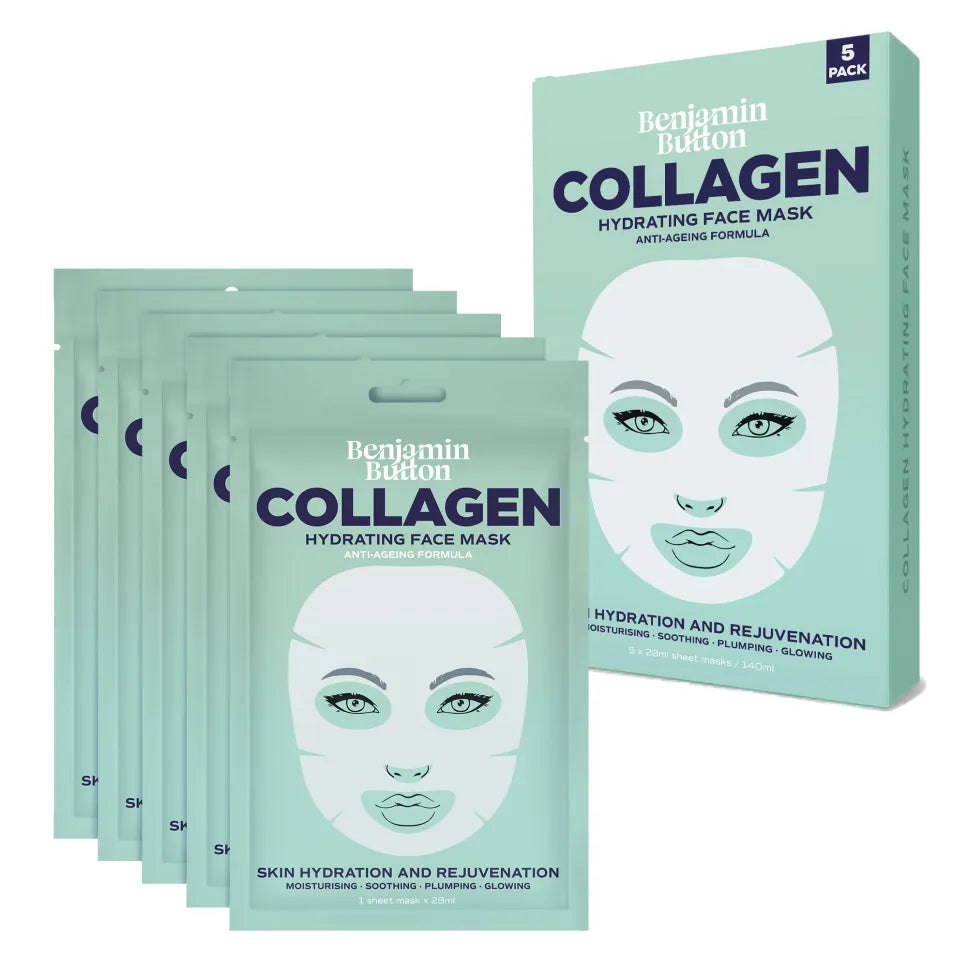Understanding Abortion Access
Access to abortion remains a critical topic that evokes strong emotions and significant debate across various communities. While some view it as a vital lifeline for individuals facing unplanned pregnancies, others see it as a contentious battle for survival, often centred on personal, moral, and ethical beliefs. The complexity of this issue requires a nuanced understanding of its implications on women’s health, autonomy, and societal norms.A Lifeline for Women
For many, abortion access represents more than just a medical procedure; it is a crucial component of reproductive rights that allows individuals to maintain control over their bodies and futures. The ability to make decisions regarding one's reproductive health can significantly affect various aspects of life, including:- Health and Well-being: Access to safe and legal abortion services is fundamental to women's health. Those who are denied access may resort to unsafe methods, leading to severe health risks.
- Economic Stability: Unplanned pregnancies can profoundly influence a woman's financial situation. The ability to choose can affect her education and career opportunities, thereby impacting her economic stability and future.
- Family Planning: Abortion access allows individuals to plan if and when they want to start a family, ensuring that they are ready for the responsibilities that come with parenthood.
The Battle for Survival
Conversely, the contentious nature of abortion access often leads to a battle framed not just in legal terms, but also within the context of moral and ethical considerations. This conflict includes various viewpoints, most notably from those who believe that life begins at conception, leading them to view abortion as an act that undermines the sanctity of life.- Moral Dilemmas: Many individuals and groups believe that the right to life supersedes a woman’s right to choose, arguing that unborn fetuses deserve protection.
- Legislative Challenges: Various jurisdictions impose significant restrictions on abortion access, creating obstacles such as waiting periods, parental consent laws, and mandatory counselling that can exacerbate the challenges faced by individuals seeking care.
- Stigmatisation: Those who seek abortions often experience social stigma, leading to feelings of shame and isolation. This stigma can discourage individuals from seeking help or support.
Access and Its Implications
Access to abortion does not exist in a vacuum. It is entwined with broader societal issues, ranging from healthcare access to economic equality. The implications of restricting or enhancing access are profound and encompass various factors that warrant consideration.Healthcare Equity
The accessibility of abortion services is often reflective of broader healthcare inequities. Factors such as geographical location, socio-economic status, and systemic discrimination can significantly affect the availability and quality of reproductive health services.- Rural vs. Urban Access: Those in urban areas generally have better access to reproductive health services, while individuals in rural locations may have to travel considerable distances to gain that access.
- Financial Barriers: The cost associated with accessing abortion services, including the procedure itself and associated travel or healthcare costs, can be a significant barrier for those from lower socio-economic backgrounds.
- Insurance Limitations: The extent to which health insurance covers abortion services varies widely, creating disparities that can lead to significant financial strain on those seeking care.
The Role of Advocacy
As individuals grapple with the implications of abortion access, advocacy has become increasingly critical in influencing policy and societal attitudes. Grassroots movements, organisations, and activists play a vital role in shaping the discourse surrounding reproductive rights.- Education and Awareness: Advocacy efforts focus on educating the public about reproductive rights and the importance of accessible healthcare, helping to reduce stigma and promote understanding.
- Policy Change: Many advocacy groups work tirelessly to influence legislation that affects abortion rights, striving to ensure that individuals have the freedom to make informed choices.
- Support Systems: Providing emotional and financial support to individuals facing unplanned pregnancies or seeking abortions is essential. Many organisations offer counselling, financial assistance, and resources to those in need.
In conclusion, the question of whether abortion access acts as a lifeline or a battleground encapsulates the complexity and multifaceted nature of this issue. It brings to light the necessity of understanding diverse perspectives, while advocating for equitable access to reproductive health services. Whether viewed through the lens of personal autonomy or societal implications, it remains essential to move towards a landscape where individuals can safely and justly make choices concerning their bodies and futures. As discussions continue, it's crucial to engage empathetically with varied viewpoints while championing the right to choose as an intrinsic aspect of personal freedom and health. Abortion access ought to be recognised not as a battleground but as a fundamental aspect of healthcare that deserves attention, compassion, and support.






















